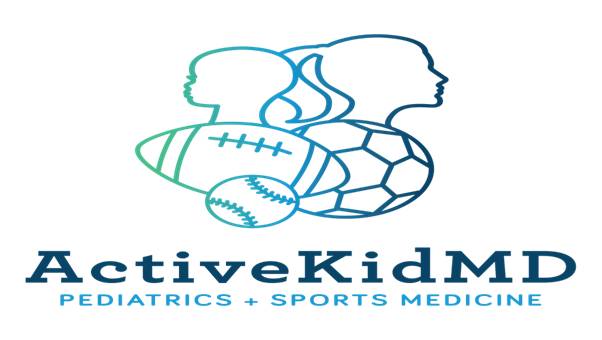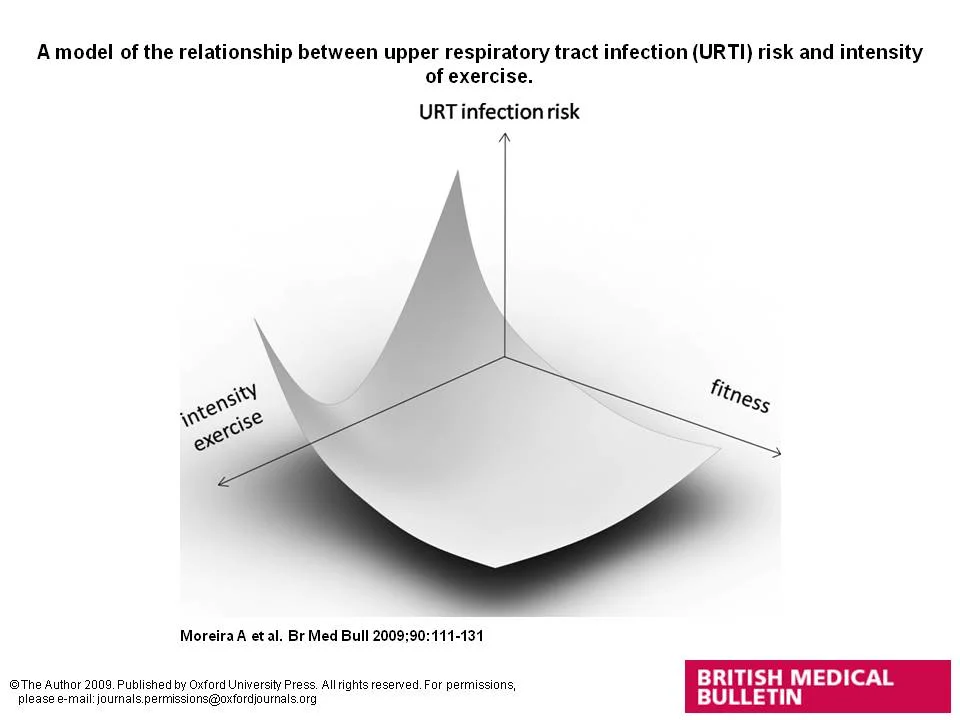Peak Athletic Performance Often Leads to Peak Illness Risk
It can be an awesome feeling to be "in the zone" or "performing better than I have in years”.
It however, can be a major downer when that peak performance comes at a cost to immediate health and the immune system.
Anyone who has been around the time of a big show knows how performers like to celebrate afterward. That's right- everyone tends to get sick.
Exchange the big show for the big race or big competition and you often see the same outcome- many athletes go from the podium or finish line to the sick bed. Saw it at the Olympics where my first up close and personal views of gold, silver and bronze medals were around the necks of athletes coming in to the medical unit for upper respiratory infection evaluations.
Those were the fortunate ones who had timed their peak performance to occur at the Games and didn't have unplanned illness interrupt training or competition.
Unfortunately, many times this fairly tale ending doesn't occur. Peak performance earlier in a season leads to mid-season illness and eventual disappointment. Solid evidence tells us that moderate levels of physical exertion are protective against illness, while higher extremes of activity can diminish immune defenses and increase illness risk. Having a solid base of fitness before assuming more rigorous training can also reduce risk of diminished immunity and increased chance of illness.
It is nearly impossible to maintain peak performance for too long, especially over a schedule of multiple events combined with the stressors of school, homework, and a social life.
Trying to get adequate sleep (minimum 8 hours a night), proper nutrition including berries, cherries, and fish for the anti-inflammatory effect, and planned off days from training and competition can help combat the stressors that sap performance.
More important is adhering to the principles of periodization, where well-constructed training blocks are created to allow peaking at optimal times while also maintaining periods of relative rest and recovery.
So, if an athlete tells me "I'm at my best" right before a chosen high level competition, then less cause for concern. Still might get sick afterward, but the merging of preparation and schedule hopefully is fairly favorable.
If an athlete is peaking well before that big competition which is still weeks or months away or with many of my young athletes when they have to get up every week because "every game is a big game", then my worry starts to go up.
Nothing worse than showing up in the doctor's office missing key training days or even worse, important competition time due to illness. Enhancing the immune system with proper rest and recovery can lead to more visits in the winner's circle and less time scheduling visits with the medical staff.

